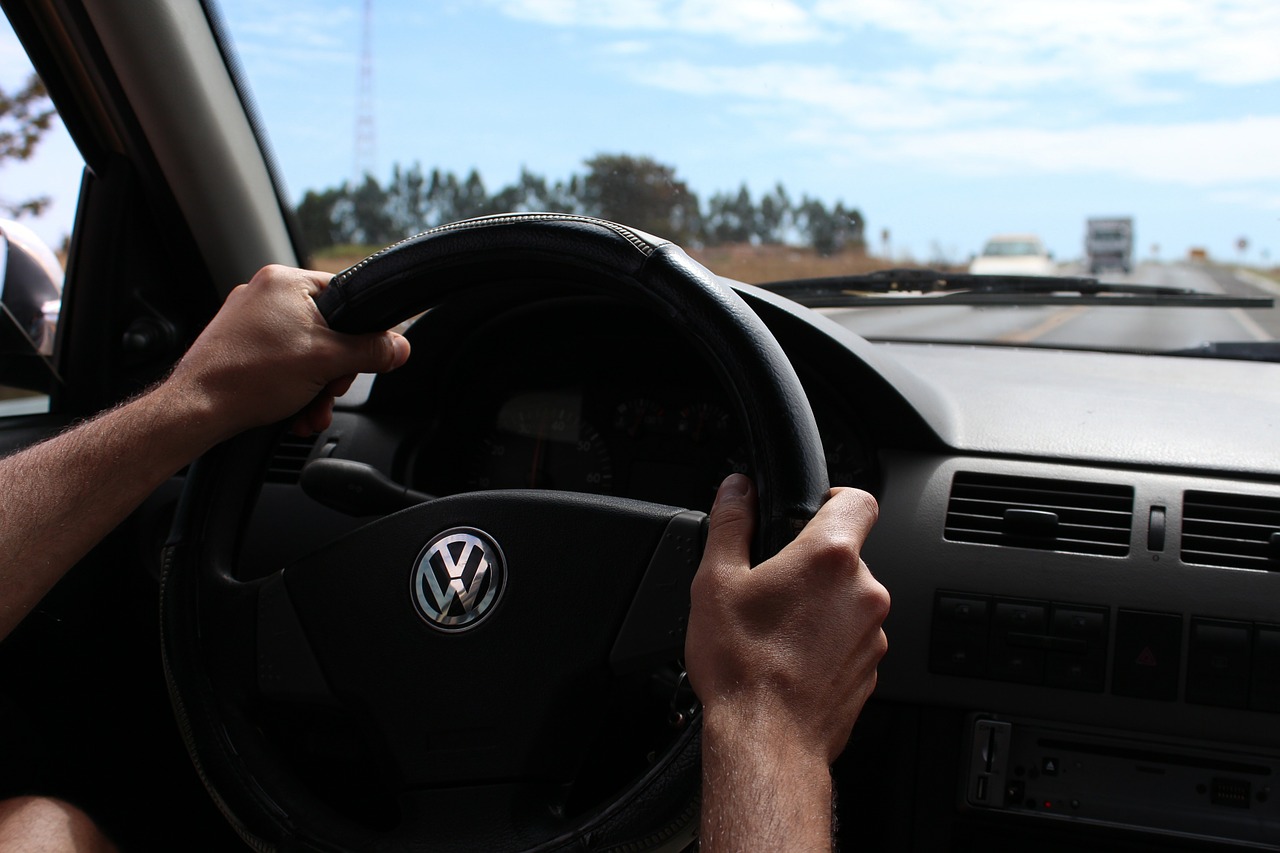The California Supreme Court has made it harder for criminal defendants to demonstrate that their speedy trial rights have been violated by the prosecution’s delay in informing them of the charges. In a 7-0 decision handed down on March 29, the high court held that the chance to serve a concurrent sentence alone will not be sufficient to demonstrate a speedy trial violation. Instead, they “must show that the delay has impaired the ability to defend against the charged crime because, for instance, a witness has become unavailable, evidence has disappeared or the memory of a potential witness has faded.” People v Lowe, 2007 DJDAR 4195. Lowe contended that the prosecution’s delay in informing him of the charges against him prevented him from the opportunity of serving two separate sentences concurrently.
Lowe was arrested on October 18, 2002 after his estranged wife complained to police that he had been sending her threatening messages. When police found sitting in his car near her home, he was found to be in possession of a pipe bomb and under the influence of methamphetamine. Lowe spent four days in jail and was released because charges had not been filed by the date set for his arraignment. About a month later, on November 29, he was arrested in Alameda County on an alleged probation violation stemming from the pipe-bomb incident. He had been on probation in Alameda for an unrelated offense and his arrest on October 18th violated the conditions of probation. Lowe admitted the probation violation on February 6, 2003 and was sentenced to one year in the Alameda County Jail.
Four days later, on February 10, 2003, the Santa Clara DA filed charges stemming from the pipe bomb incident on October 18. An arrest warrant was issued on March 13 but Lowe was never notified of the charges or the warrant. The Alameda County Jail wasn’t notified of the warrant until June 26, four and a half months after the charges were filed. On July 8, Lowe finished his jail term in Alameda and thought he was getting out when he found out about the new charges in Santa Clara. He moved to dismiss the charges alleging the nearly five month delay between the filing of the complaint in February and his arraignment in July, citing the speedy trial provisions of the California Constitution. He also argued that the nine month delay from October 2002, the time the alleged crimes took place, to July 2003, when he was arraigned, violated his right to due process under both the State and Federal Constitutions.
Lowe argued that the decision in People v Martinez, 37 Cal App 4th 1589 (1995) supported his claim that he had been prejudiced by the prosecution’s delay because he lost the opportunity to serve any sentence that might have been imposed as a result of the Santa Clara offenses concurrently with the probation violation sentence out of Alameda. The trial court granted Lowe’s motion to dismiss the charges holding that the delay effectively removed his opportunity to get concurrent sentences and that the prosecution provided no justification for the delay. The Court of Appeal affirmed relying on Martinez which held that when a defendant loses the opportunity to serve concurrent sentences due to unnecessary delay by the prosecution then the resulting prejudice to the defendant justifies dismissal of the charges unless the prosecution can demonstrate justification for the delay.
The Supreme Court of California granted review of the case. The sole issue for review was whether the defense can satisfy its initial burden of establishing prejudice from the delay by demonstrating that the delay has cost the defendant the opportunity to serve a sentence for the charged crime concurrently with the sentence being served in another case. The Supreme Court noted that the court in Martinez cited two cases when it pointed out that both the US and California Supreme Court have included the possibility of concurrent sentencing as a potential aspect of prejudice. Barker v Municipal Court, 64 Cal 2d 806, 813 (1966) and Smith v Hooey, 393 US 374, 377-378 (1969). The court here found that the Martinez court misconstrued the holdings in these two cases and reversed the Court of Appeal. It held that the prejudice in Barker was presumed due to an eighteen year delay in bringing charges and that it could not be read as holding that a criminal defendant can establish prejudice simply by showing the loss of the opportunity to serve concurrent sentences. It also held that the prejudice in Smith from the loss of the opportunity to serve concurrent sentences was only one of several prejudices the defendant faced from the delay and that it could not be read to mean that an unjustified delay in bringing a defendant to trial violates the defendants speedy trial right under the US Constitution when the only prejudice alleged by the defense is the loss of the opportunity to serve the sentence on the pending charge concurrently with the sentence in another case.
The California Supreme Court rejected Lowe’s argument that his speedy trial rights were violated and held that the defendant “must show more than just the lost opportunity of concurrent sentencing to win dismissal of the charges. The defendant must show that the delay impaired the ability to defend against the charged crime because, for instance, a witness has become unavailable, evidence has disappeared or the memory of a potential witness has faded.”
It is feared that this decision will give prosecutors incentive to delay cases so that they can maximize jail time for offenders. The Supreme Court’s decision recognized the potential for prosecutorial abuse by purposely delaying cases but stressed that engaging in such conduct would violate the prosecutor’s duty to expedite criminal proceedings ‘to the greatest degree that is consistent with the ends of justice’. In any event, this was a loss for Lowe and criminal defendants throughout California.


